By Dr. Jacques R. Pauwels
Global Research, October 27, 2012
11 December 2011
Myth: The US was forced to declare war on Japan after a totally unexpected Japanese attack on the American naval base in Hawaii on December 7, 1941. On account of Japan’s alliance with Nazi Germany, this aggression automatically brought the US into the war against Germany.
Reality: The Roosevelt administration had been eager for some time to wage war against Japan and sought to unleash such a war by means of the institution of an oil embargo and other provocations. Having deciphered Japanese codes, Washington knew a Japanese fleet was on its way to Pearl Harbor, but welcomed the attack since a Japanese aggression would make it possible to “sell” the war to the overwhelmingly anti-war American public.
An attack by Japan, as opposed to an American attack on Japan, was also supposed to avoid a declaration of war by Japan’s ally, Germany, which was treaty-bound to help only if Japan was attacked. However, for reasons which have nothing to do with Japan or the US but everything with the failure of Germany’s “lightning war” against the Soviet Union, Hitler himself declared war on the US a few days after Pearl Harbor, on December 11, 1941.
Fall 1941. The US, then as now, was ruled by a “Power Elite” of industrialists, owners and managers of the country’s leading corporations and banks, constituting only a tiny fraction of its population. Then as now, these industrialists and financiers – “Corporate America” – had close connections with the highest ranks of the army, “the warlords,” as Columbia University sociologist C. Wright Mills, who coined the term “power elite,”[1] has called them, and for whom a few years later a big HQ, known as the Pentagon, would be erected on the banks of the Potomac River.
Indeed, the “military-industrial complex” had already existed for many decades when, at the end of his career as President, and having served it most assiduously, Eisenhower gave it that name. Talking about presidents: in the 1930s and 1940s, again then as now, the Power Elite kindly allowed the American people every four years to choose between two of the elite’s own members – one labelled “Republican,” the other “Democrat,” but few people know the difference – to reside in the White House in order to formulate and administer national and international policies. These policies invariably served – and still serve – the Power Elite’s interests, in other words, they consistently aimed to promote “business” – a code word for the maximization of profits by the big corporations and banks that are members of the Power Elite.
>complete article<
Subscribe to:
Post Comments (Atom)



































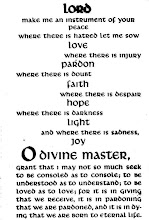


























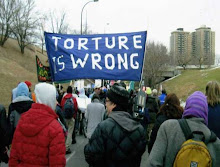





















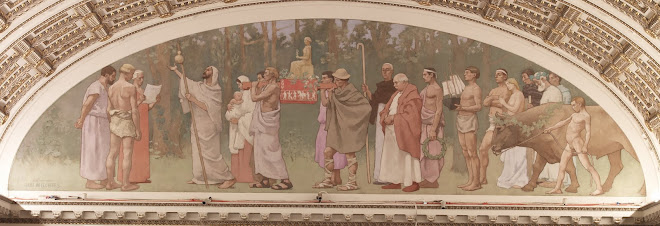























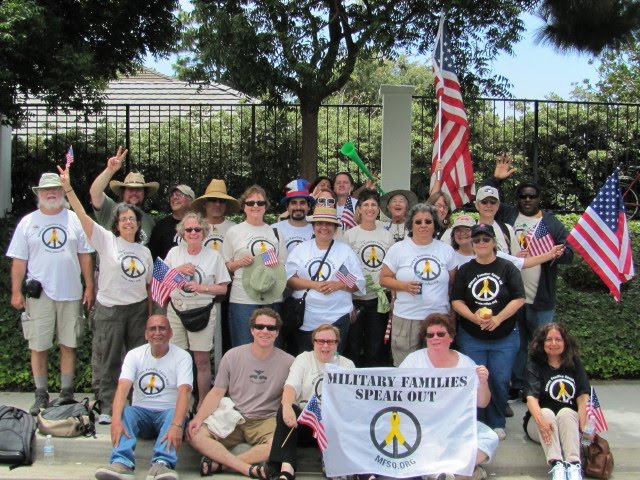















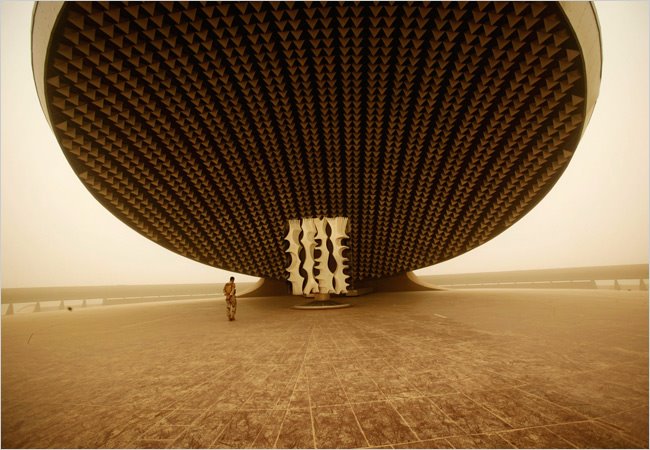
No comments:
Post a Comment